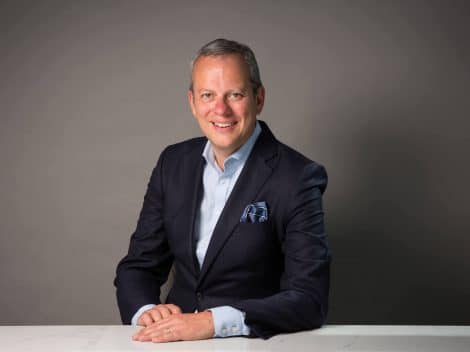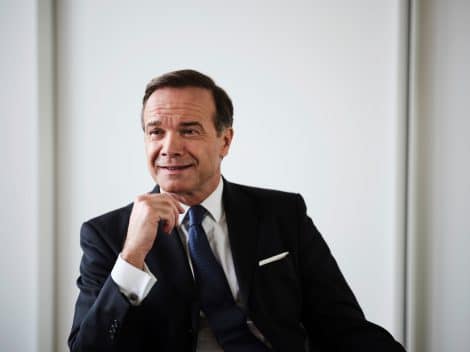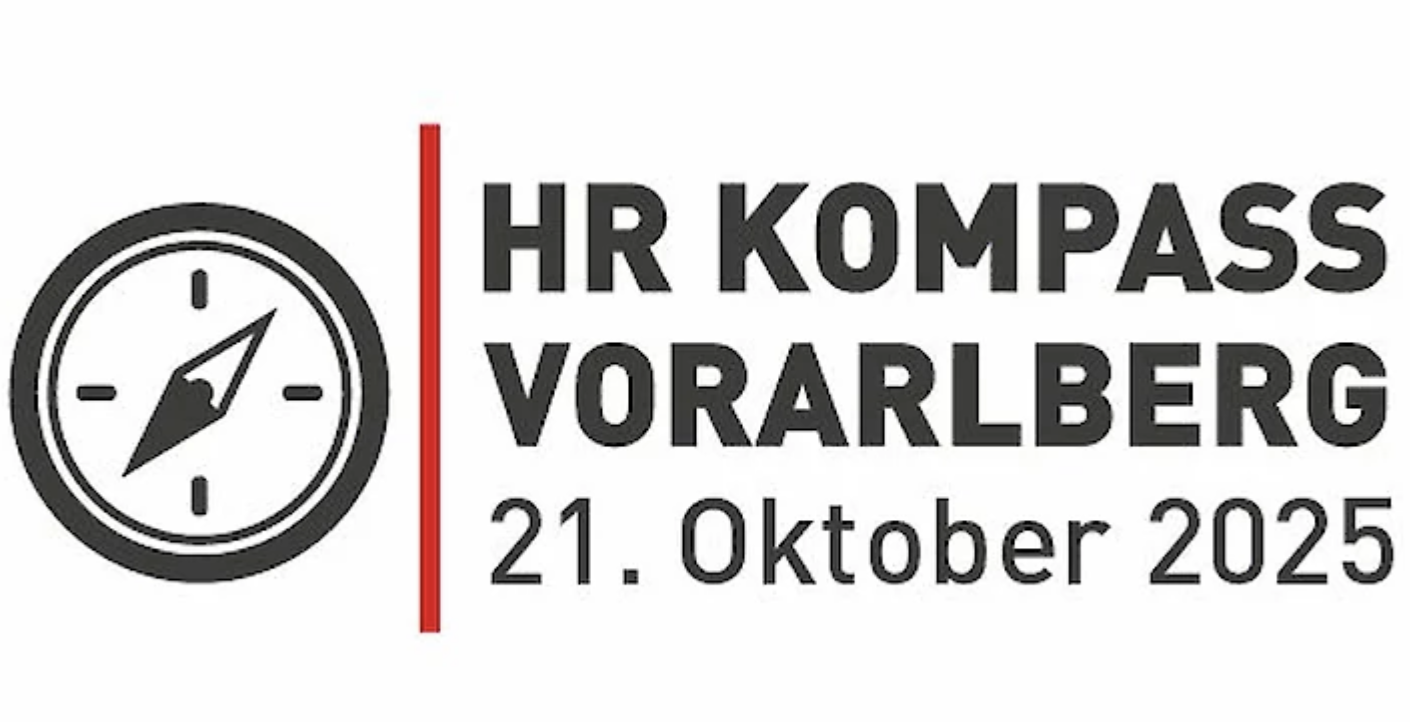“Hasta La Vista Baby!” The last words of Boris Johnson at the last Prime Minsters Question Time, of the United Kingdom’s 34th Prime Minister, after two years and 361 days in office. Of course in capturing the words of a world famous Austrian export, Arnold Schwarzenegger, it will not have escaped many of his colleagues that the Terminator had a second equally famous line. Namely, “I’ll be back”….
Words to keep the pulse racing for a politician whose ambition always seemed to have had no bounds.
Never a dull day might be one way that the sympathetic will remember him. Occasionally dazzling, sometimes muddled, he was, as we say in Britain, the very strongest of cheeses. You either loved or loathed him. Few will remember his time without a view. And, if apathy was a major blight amongst our nation before Boris, it certainly doesn’t seem to be that way after him.
Britain has become deeply politically aware again. Pretty much everyone has a view about recent events and the what might happen next. On all sides, the Boris effect has kicked off a major debate about what a post Brexit world might mean for us and different views about a low tax small state world vs a state that is better funded and can do more.
Significant challenges
But these are febrile times. The UK faces many significant economic challenges while constitutionally it needs to come to terms with the legacy of a leader who so often has defied political gravity. Watching all of this closely is the world of business. A body, especially amongst its bigger players, that likes to know where it stands.
But stability and certainty are definitely not on the commercial menu. It’s far more than matters domestic. The UK, like countries everywhere, is facing a difficult period of rising inflation, costs and prices, which is creating market instability.
For much of my lifetime, for business, politics has been an interesting spectator pastime because many of the fundamentals have been a given – stability in tax, inflation, open markets, just some of the seemingly unshakeable and knowable truths. No longer. Now, that consensus seems significantly shakier, which is why the aftermath of Boris is likely to bring with it intense interest from business on a new government and its emerging agenda.
The first glimpses of post-Boris Britain are now being seen in the leadership election to choose his successor. For both contenders, the economy has become the fault line issue. Different prescription of policy choices perhaps but a similar prognosis of the problem: to get Britain going it needs to supercharge its economy.
To some degree we’ve been here before. The 2008 financial crisis was to see with it a major focus on stimulating economic activity to, in effect, trade our way out of the problem. I saw this first hand as a co-founder of StartUp Britain, the national campaign for early-stage firms. The then Chancellor, George Osborne, captured some of the zeitgeist by calling for an ‘entrepreneur-led recovery’. With it the belief that growth would not come from incumbents but challengers who would reshape markets and with it the economy.
I think you will hear much of this style of language in the UK over the coming months and indeed years as government signals growth as the nations priority. That’s not to say that the Johnson administration didn’t have some of the same motivations or instincts. Rather that so much of its time was spent facing problems rather than searching for solutions.
It was another Conservative Prime Minister, Harold Macmillan, who was to observe that political careers are defined by what he described as, “events, dear boy, events” It’s perhaps why Boris will forever believe that events conspired against him. That the lucky dice didn’t roll his way, while for his detractors it was his own actions that created his own bad luck.
But events now point towards the drive to deliver economic competency and a reinvigorated relationship with business to help achieve it. It will be the effectiveness in delivering this which will define the legacy of his successor. For, as one of Mr Schwarzeneggers compatriots in the Terminator franchise also says, “there is no fate except that which we make.”
The author Michael Hayman is the co-founder and chair of the campaigns company Seven Hills and co-founded StartUp Britain.










